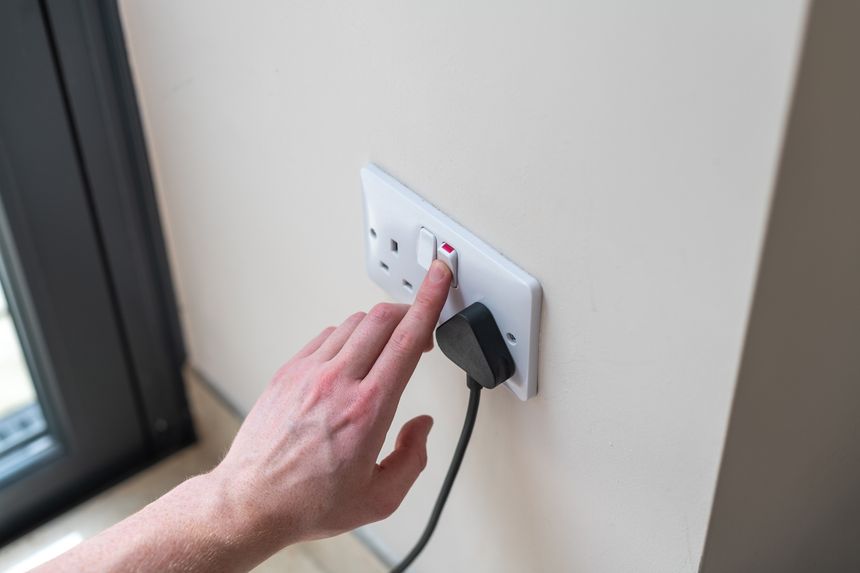On 23 September 2025, the Electrical Safety Standards in the Private Rented Sector (England) (Amendment) (Extension to the Social Rented Sector) Regulations 2025 ('the Regulations') were approved and will be in force (in both England and Wales) in stages from 1 November 2025. The Regulations were already in force in the private rented sector but, after a consultation, they have now been extended to private registered providers of social housing.
What does this mean?
For existing tenancies or those granted before 1 December 2025, the Regulations will come into force on 1 May 2026. However, for all other purposes they will be in force from 1 November 2025.
The Regulations mandate social landlords to inspect and test electrical installations at least every 5 years, just as private landlords are required to, and issue an Electrical Installation Condition Report (EICR) to tenant within 28 days after an inspection or, to new tenants before they move in.
Further, where landlords provide electrical items as part of the tenancy, those items must be inspected and tested before the tenancy start date and at regular intervals during the tenancy. If those items are found to be unsafe, remedial works or replacements are to be carried out.
For any non-compliance, there will be penalties. The maximum penalty for non-compliance is £40,000. The Regulations include a defence to non-compliance where a tenant refuses access to the landlord and/or contractors.
In practice, many social landlords will already be conducting cyclical checks of electrical items every 5 years. However, it is now crucial that landlords ensure that they have robust systems in order to be able to schedule and carry out the inspections and provide subsequent reports to tenants in compliance with the Regulations. Any access attempts made by social landlords should be clearly logged and recorded. If ongoing access issues occur, landlords could consider sending legal warning letters and/or issuing access injunction proceedings to improve their compliance rates.
If you would like any further information, please contact Emilie Pownall or Hana Rashid.

/Passle/6491ca5e863f054b458578e8/MediaLibrary/Images/2025-10-10-09-31-53-615-68e8d289395c65df95ab4a24.png)
/Passle/6491ca5e863f054b458578e8/SearchServiceImages/2026-01-08-11-19-54-610-695f92da5a13b9d06cbf7cfa.jpg)
/Passle/6491ca5e863f054b458578e8/SearchServiceImages/2025-12-16-09-17-07-415-69412393bb3bd235d3e8f2f0.jpg)
/Passle/6491ca5e863f054b458578e8/SearchServiceImages/2025-12-24-16-01-39-137-694c0e63c422f0f74b8b1ae9.jpg)